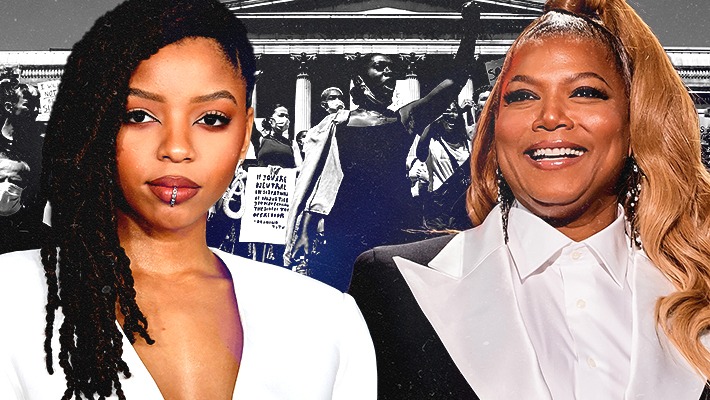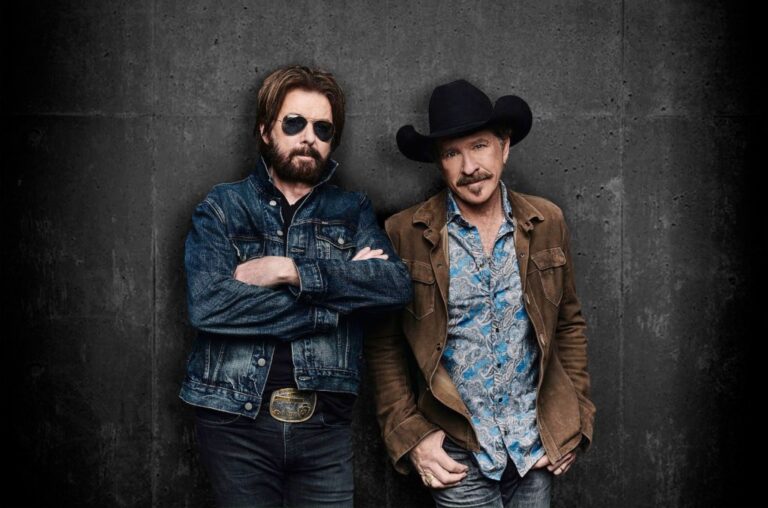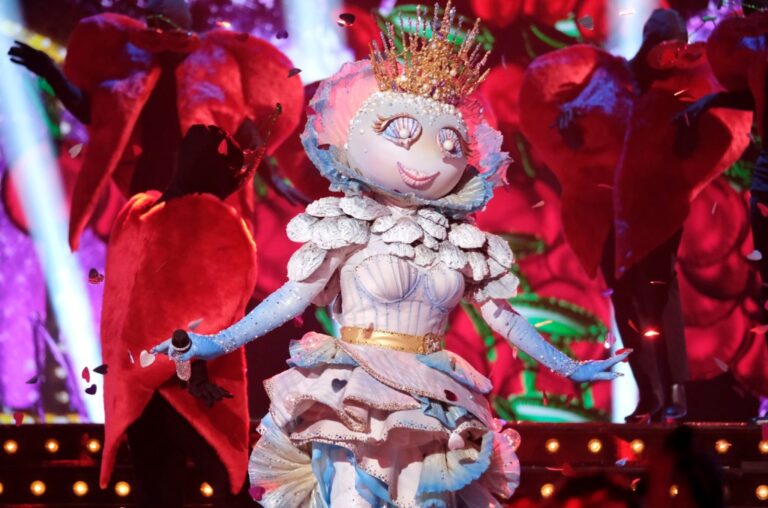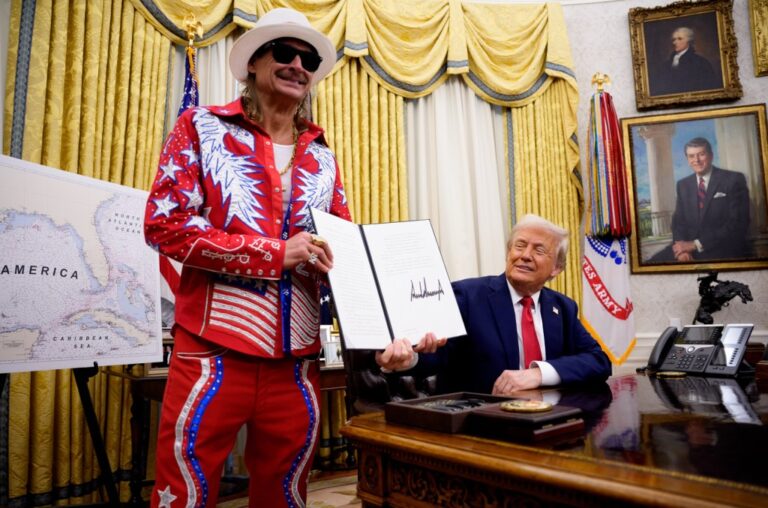R&B musician and actress Chloe Bailey, half of the Grammy-nominated duo Chloe x Halle, recently opened up about her attention-grabbing, grown-ish social media posts via Instagram Live. The 22-year-old says she’s received comments ranging from support regarding her “new image” to full-on slut-shaming for her confident dance videos.
“[Dance and music] is where I find my confidence,” she says in the video. “It really means a lot to me when I can finally get to a place where I [can] share who I really am.” Many detractors of her uploads have collectively failed to recognize that — despite coming into the public eye as a teenager — Bailey is now a woman in control, noticeable not just through her posts, but in her work. Chloe x Halle’s latest album Ungodly Hour was praised for exploring more adult themes, and in an interview with Billboard, Chloe notes that the project’s title represents “loving every layer of ourselves” — such as the “good side” and the “naughty side.”
Unfortunately, Black women are often seen as “doing too much” when the world is not comfortable bearing witness to their autonomous thoughts and presentation. Destructive stereotypes regarding Black feminine sexuality, demeanor, and agency have been propagated for centuries, and these harmful ideas continue to spread through inaccurate, narrow-minded thinking. But with Chloe x Halle’s music serving as a reflection of their growth, they join a long line of Black female musicians whose work captures their journey of self-acceptance.
Black female artists have expertly risen above pain with music about emotional and physical self-love — a radical act in and of itself. As new ways to consume popular music spread during the early 20th century, these musicians have used their careers to reclaim the attributes society has been conditioned to fear about them, such as inner pride, unapologetic sexual freedom, and awareness of uneven power structures. Black women in music being comfortable with the skin they’re in provides not only a therapeutic platform for them but also an enlightening, edifying one for fans who may feel similarly.
In the 1920s and ‘30s, “Mother of the Blues” Ma Rainey’s illustrious ownership of her Blackness, femininity, and queerness was as acclaimed as her catalog. During the Civil Rights era, Nina Simone’s 1965 album I Put A Spell On You introduced a lighthearted side to the radical artist, especially through the song “Feeling Good.” Her emotionally-emancipated performance amplifies the necessity of joy amidst adversity, which resonates strongly within the Black community.
Black female artists across genres in the ‘70s and ‘80s continued to release art pertaining to unapologetic self-love, such as Diana Ross’ “I’m Coming Out,” Patti LaBelle’s “New Attitude” and Whitney Houston’s “Greatest Love Of All.” Then, in the late ‘80s and ‘90s with hip-hop and rap’s ascension, Black women’s overt reclamation of their sexual power brought self-love to new heights.
Queen Latifah, Salt N’ Pepa, and TLC widened the cultural lens of the genre’s notoriously misogynistic purview with “Ladies First,” “None Of Your Business,” and “Ain’t 2 Proud 2 Beg”; all songs kept it real about independence, strength, and desire. The late ‘90s also provided a balanced look at the nuanced layers of Black female sexuality. Where Lauryn Hill and Missy Elliott created work regarding love, power, and sex without showing skin, Lil Kim and Foxy Brown released similar content while dressing provocatively. Both approaches show that Black women have the agency to decide how they want to portray self-love and confidence, with neither negating the way she views herself as a whole.
Black female self-acceptance in the 21st century is a combination of mental fortitude, emotional assurance, and physical pride. In the 2000s, India.Arie let us know she loves herself — flaws and all — with “Video,” and Alicia Keys and Jill Scott similarly released content with straightforward honesty, like “Superwoman” and “Golden.” When “Black Girl Magic” was brought into the lexicon during the 2010s, Janelle Monáe, Solange and Lizzo purveyed these ideas with fearless tracks such as “Q.U.E.E.N,” “Don’t Touch My Hair,” and “Good As Hell.” Beyoncé continues to release work regarding Black beauty and confidence with culture-shifting songs and projects like “***Flawless,” Lemonade, and Black Is King. As with women rappers, some of these musicians wear revealing outfits or perform in a sexual manner — and still make their points.
Through the examples of Black female musicians — in addition to those of strong women in their own lives — one can hope that more Black women will find the confidence to be themselves unapologetically. Regardless of society’s damaging generalizations, it’s integral for Black women to relish in their power on all fronts, not only to prove something to themselves but to inspire others and shift the way the world views Black women in general.
“For every woman out there, don’t change who you are to make society feel comfortable,” Chloe Bailey tearfully, joyfully, resiliently concludes in her Instagram Live session. “I really love who I am. I’m not going to change who I am.”
Some artists covered here are Warner Music artists. Uproxx is an independent subsidiary of Warner Music Group.




